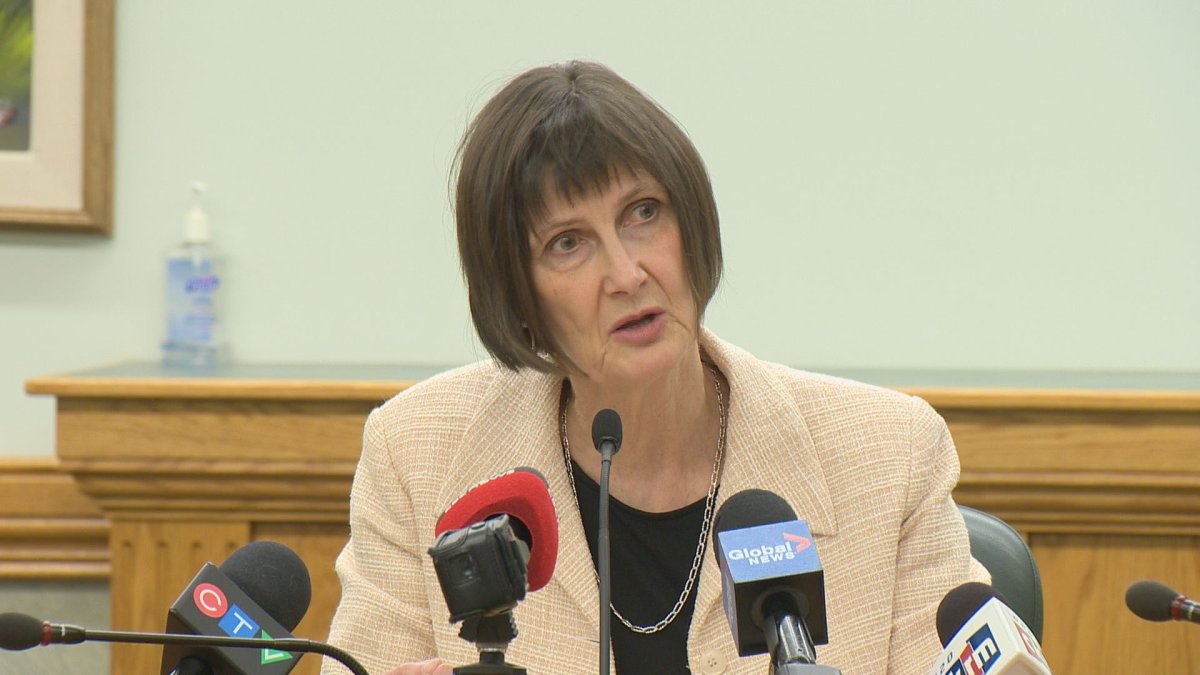Canada’s commissioner of the Environment and Sustainable Development released a climate change report that found that nearly all of the provinces and territories have shortcomings in addressing the global issue.

The report was completed with assistance from auditor generals from across Canada, including Saskatchewan’s provincial auditor Judy Ferguson.
The report found that while provinces are making plans to adapt to climate change, the auditors found most governments had a plan that lacked details such as timelines, or had no plan at all.
The federal report works with the timeline that Saskatchewan did not have a report in place as of January 2017. The province released the start of its plan in December 2017.
Ferguson said if the timeline of drafting the federal report and the release of Saskatchewan’s report synced up, the province would have performed better, relative to other provinces.
“What I’m really encouraged to see is that it recognizes that it really needs to measure whether or not it’s plans are working in making a difference,” Ferguson said. “It needs to have those measurable targets. For us, that’s an important piece, and they’re not quite there yet, but they acknowledge they need to do measurable targets.”
These are targets Ferguson says are essential to laying out an achievable plan.
READ MORE: Saskatchewan’s climate change plan leaves some asking questions
“For us that’s key to communicating, not just giving people a chance to measure how well they’re doing, but to communicate how much action they’re excepting to occur and by when,” she said.
The province currently has a few targets laid out, which include a 40 per cent emission reduction in power generation and the oil and gas industry, plus power generation by 2030.
SaskPower also aims to produce 50 per cent of its power through renewable sources by that year as well.
Environment Minister Dustin Duncan says that further goals in the climate strategy will be established over the next several months through consultation with stakeholders.
“I would say the bulk of the work will be done through 2018. We certainly want the bulk of the work to be done for Jan. 1, 2019 for the bulk of our plan to be in place. That’s the plan moving forward,” he said.
The auditor’s report calls on increased collaboration between jurisdictions to meet goals set out in past climate agreements, while acknowledging that national emission reduction targets have not yet been hit.
READ MORE: Effects of climate change already present in Regina: U of R prof
Despite Saskatchewan’s opposition to a carbon tax, Ferguson does not think this precludes Saskatchewan from working with the rest of Canada.
Duncan says the auditor’s report backs up Saskatchewan’s climate framework of focusing on practical ways to curb emissions, and different provinces have different heavy emitting sectors.
“Every province is starting from a different starting point, and a blunt instrument like a carbon tax really doesn’t take into account any of that,” Duncan said.
The report lists Saskatchewan’s biggest emissions sectors as oil and gas, power generation and agriculture. Saskatchewan is the only province not to have transportation in its top three emission causes.
Ferguson said that the sooner the province can have performance standards in place for industries such as these, the better.
Unlike most auditor reports, this document does not include recommendations. Instead, it is focused on seeing where the provinces and territories are at in relation to achieving climate goals like emissions reduction.
Ferguson anticipates the environment commissioner will want to have a follow up report in the next three or five years.
“Being fair, as auditor generals, we have to give governments time a chance to really digest what we’re saying in this report,” Ferguson said.
“You have high level goals, you have good strategies in place, but you have to add more details to your plans and make sure they are going to make a difference and mold things out.”




Comments